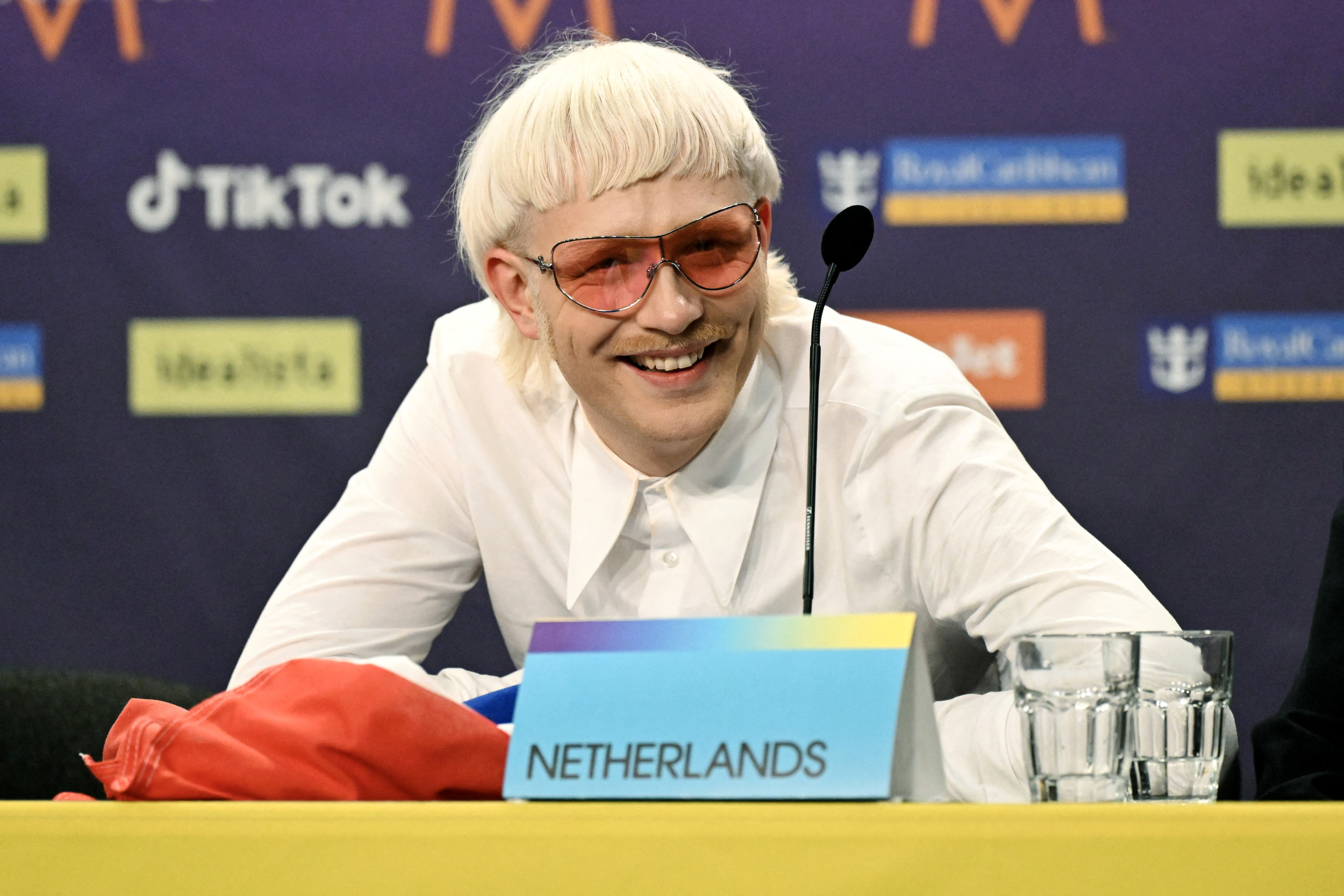When I first became a dad, I was given a lot of great advice, like "sleep when they sleep," "Doona's are the best stroller," and "do everything you can for your wife"—but no one ever warned me about the theatrical culture that parents are dropped into once our children enter preschool.
It is a world comprised of passive-aggressive do-gooders, winking resentments, judgmental smiles, and exhausted nurtures. And since I create my own work schedule, I am fortunate to play an active role in my children's day-to-day lives, which, unfortunately, grants me a front row seat to the culture-shocking drama at the preschool.
When our first child was starting school, we had no preconceived notions about what to expect, so we went in with wide eyes, the best of intentions, and earnest hope, but I soon discovered an informal hierarchy.
On the first day, as we approached the front doors, the two greeters were eagerly whispering to each other before stopping to give us an overzealous "Good morning" through forced smiles like retail workers with their boss watching.
After a few steps, I looked back to hear them excitedly say, "Heyyy girl" to the next mom walking in. "Your hair is amazing! And thank you so much for the gift cards!"
"Gift cards?" I asked my wife; she only answered with a shrug.

Next, I heard, "Hey beautiful! Those donations are so appreciated!"
My older sister later informed me that giving gifts to the teachers is a must if someone wants their child to get some extra attention and a little more care—no one told us. Also, if a parent isn't actively volunteering their time, donating their money, or participating in various money-raising drives, they are pariahs, condemned to receive disappointed acknowledgments during pick-up and drop-off.
I wanted to drop him off the next day, and after singing and dancing to two Encanto songs on the drive, we finally pulled into the busy parking lot, excited to get into a routine.
"Good morning," one of the door greeters said. "It's so refreshing to see a dad do drop-offs. Will you be the primary contact this year? Mom's busy?"
The inquisitiveness in her tone was telling, and I realized she assumed I didn't work. Her judgement deflated my excitement for having the option to be involved, and I found myself trying to work my profession into random conversations in the hallway, so strangers knew that I, in fact, was employed.
There was an unofficial clique within the school, a caste system comprised of parents, teachers, and administrators, so instead of wearing a comfortable rock band t-shirt and pajama pants, I'd change into what I would wear for work: A button down and khakis, even on days I didn't teach.
We wanted to belong. While hugging my son at the school events, I did my best to ignore the administrators discreetly circling us from afar with cameras. I didn't want our son to feel any consequences because of a communal fault on our part, but parents are absolutely being taken advantage of within the preschool culture.
Naively, I thought that paying tuition and dropping the kids off every day was the entire agreement. Gaslighting and peer pressure started immediately, almost like a localized form of social engineering.
Despite paying tuition, we received messages about doing extra work for the school, and if we ignored the emails, due to a lack of funds or time, we'd be gently reminded via text messages or during drop-off.
There was a line between our personal life and our dedication to the school, and it was being aggressively poked daily. It wasn't so much the uncompromising requests behind false smiles as it was the disregard of boundaries, something I am deeply uncomfortable with because of my personal aversion to conformity and social pressure.
Our only hope for valid intelligence is delivered through our four-year-old, the one who is deep within the waters of the school system, and who is also the utmost of unreliable narrators.
When he's at school, for the first time in his life, we're not seeing what he's seeing, so trying to interpret the logic from his imaginative mind can be incredibly easy or mildly difficult, depending on the minute of the day.
Once, he said, "There was a drone over the school. They made us all go inside," which prompted an informal investigation into what happened via group chat.
Other investigations took place after hearing mumblings like, "Jaxon threw up all over the Safe Place tent," "The teacher said the word "stupid"," and "I don't like Asher's mother—she's mean."
The vague, throw-away statements stop everything for us, and sitting him down for clarification is like decoding a cipher wrapped in a riddle. Runny noses and suspicious coughs are not the only concern that kids bring home.
Luckily, the interactions with staff or other parents at the school are mildly restrained, but there is nothing like being trapped at a child's birthday party at the local Fun-Zone or at a home deep within a HOA-dominated gated community.
There are just too many different personalities forced together, and all are deeply passionate about their own children while appearing to remain objective for the sake of other parents' feelings—we never anticipated complicated group dynamics.
Other than work colleagues, the other parents are the only other social group we're required to matriculate with in adulthood. Some of the other parents are great and we're lucky to have them for therapeutic support, but others have made it clear that they were all competing to see who could still hold onto their bachelor, pre-kid life, as if they had a determined resolve that being parent would never change them.
Mixing all the dissimilar characters together socially can be jarring, but it's not about us anymore—our kids are friends with their kids.
There is some social refuge, however: Finding the few honest parents, by trial and error, and remaining with them. If a parent appears fatigued and is honest about their insecurity about their own parenting choices or some miscommunication from the school, their genuineness allows me to relax and share my own anxieties.
But this group has an "otherness" feel to them within the preschool culture—the ones separated from the dominant crowd while directly acknowledging the ignored social truths within the informal system. They're not trying to be perfect, but they are doing their best. I trust the ones openly struggling more than the ones claiming to be perfect— societal masks are dangerously fallible and can only result in raw, emotional outbursts.
I never expected that I would have to navigate a minefield of passive-aggressive drama, deceitful smiles, and vigorous peer pressure, ever again in my life—not since middle school, but in retrospect, it is unavoidable.
We just love our kids too much, to the point that we are illogical and blindly defensive, operating in a conformed structure solely with primal instincts. The testing, measuring, labelling, and conforming is too much for their little minds, and sometimes the pressure is too much for us.
I find some sanctuary in patience and living in the quiet moments at the end of the day, when everyone is safe and warm in their beds, and the knowledge that one or two teachers in our kids' lives genuinely do care about them.
As one of our childless friends said: "Damn. It's just preschool."
Mark Massaro is an educator in Florida.
All views expressed in this article are the author's own.
Do you have a unique experience or personal story to share? Email the My Turn team at myturn@newsweek.com.
Uncommon Knowledge
Newsweek is committed to challenging conventional wisdom and finding connections in the search for common ground.
Newsweek is committed to challenging conventional wisdom and finding connections in the search for common ground.
About the writer
Mark Massaro received a master's degree in English Language & Literature from Florida Gulf Coast University. He is currently a ... Read more
To read how Newsweek uses AI as a newsroom tool, Click here.






